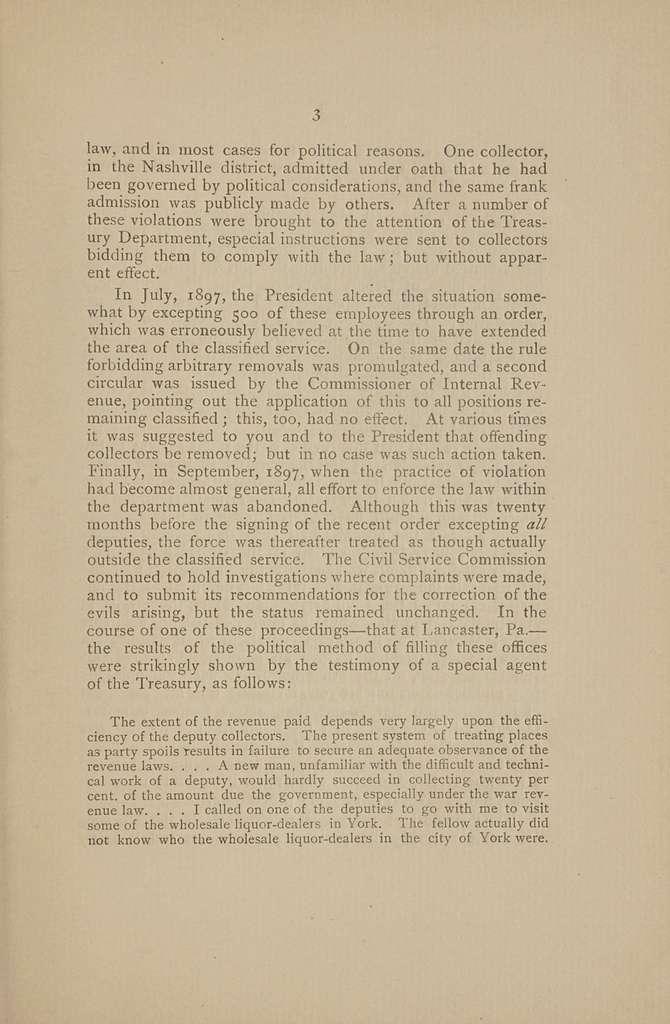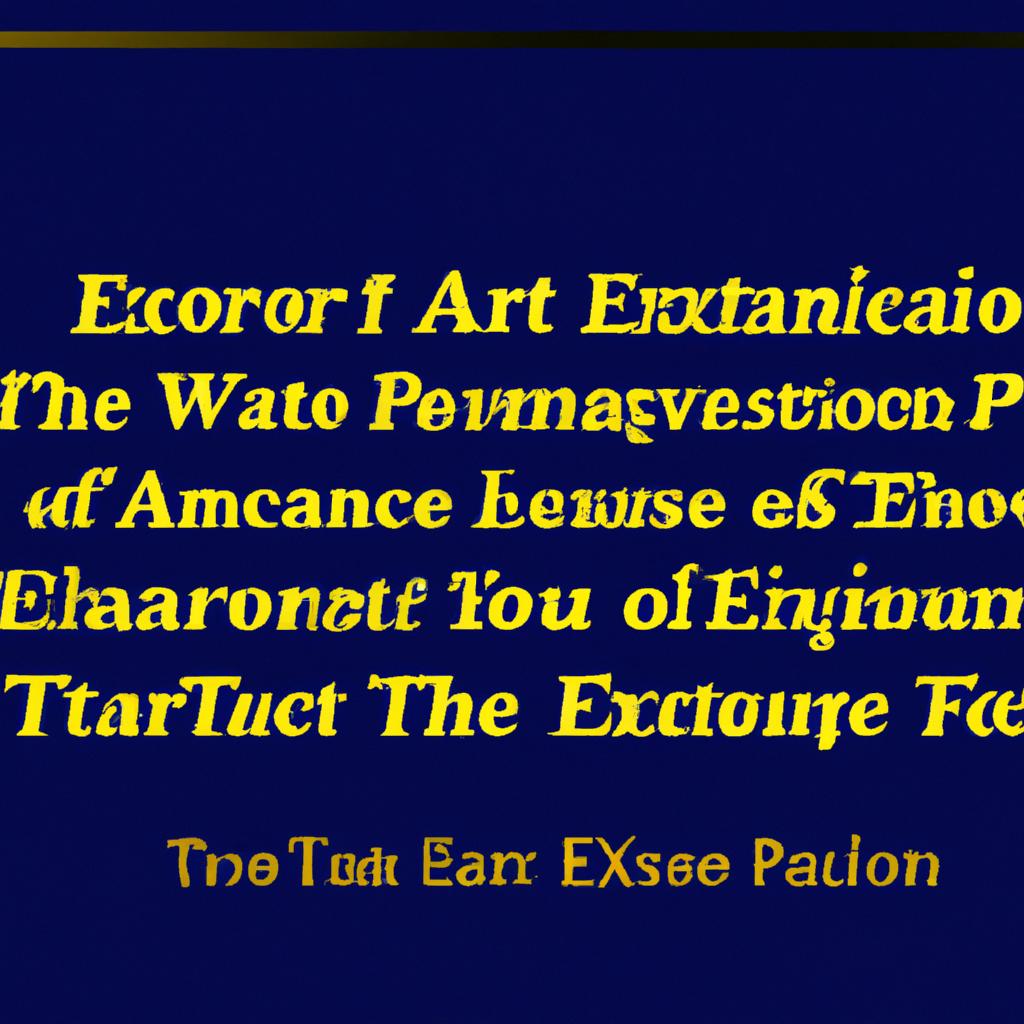During the often complex and emotionally charged process of managing a loved one’s affairs after their death, a well-structured and comprehensive letter to the executor of the estate can offer clarity, direction, and reassurance. This letter, a crucial communication bridge between beneficiaries and the individual tasked with overseeing the deceased’s estate, acts as a guide for navigating the intricacies of probate and asset distribution. Let’s delve into the importance of a letter to the executor of an estate and examine the essential elements that should be included to ensure a seamless and efficient execution of the deceased’s final wishes.
Key Elements when Drafting a Letter to the Executor of an Estate
When drafting a letter to the executor of an estate, it’s crucial to keep in mind the following key aspects to ensure your message is clear, respectful, and effective:
Polite Tone
Start your letter with a polite tone, addressing the executor by their appropriate title (e.g., Mr., Ms., Dr.) and surname. This establishes a professional tone for the remainder of the letter.
Transparent Communication
State the objective of your letter clearly in the opening paragraph. Whether you’re seeking information, submitting documentation, or expressing sympathy, ensure your message is succinct and straightforward.
Documentation
If you’re including any documentation with your letter, such as a copy of a will or a death certificate, make sure to clearly label each document and mention it in the body of the letter. This assists the executor in understanding the purpose of each document and its relevance to the estate.
Guidelines for Effective Communication with the Executor
When interacting with the executor of an estate, it’s vital to maintain a respectful and professional tone. Keep in mind that the executor is tasked with fulfilling the deceased’s wishes, so it’s important to approach them with compassion and understanding. Here are some tips to help you communicate effectively with the executor:
- Be Direct and Brief: When discussing estate-related matters, ensure your communication is clear and straightforward. Avoid unclear or ambiguous language that could lead to confusion.
- Listen Attentively: Allocate time to listen to the executor’s concerns and queries. Be patient and respectful, and try to address any issues or uncertainties they may have.
- Submit Documentation: If you need to submit any documentation or information to the executor, ensure you do so promptly. This will help expedite the process and prevent any delays.
By adhering to these guidelines, you can ensure your communication with the executor is constructive and respectful. Remember that clear and open communication is key to a seamless and efficient estate settlement process.
Emphasizing Clarity and Accuracy in Your Correspondence
When drafting a letter to the executor of an estate, it’s crucial to prioritize clarity and accuracy in your correspondence. This ensures the recipient fully comprehends the purpose and contents of your message, ultimately facilitating any necessary actions or decisions.
Using clear and succinct language can help prevent misunderstandings and confusion, leading to a smoother communication process. Clearly state the reason for your letter and provide all relevant details in a straightforward manner.
Furthermore, accuracy in your correspondence can help avoid any potential errors or misinterpretations. Ensure all information provided in your letter, such as dates, names, and addresses, is double-checked for accuracy.
By emphasizing clarity and accuracy in your letter to the executor of an estate, you can effectively communicate your intentions and expectations, making the entire process more efficient and productive for all parties involved.
Handling Delicate Topics in Your Communication with the Executor
Use clear and respectful language when discussing sensitive topics with the executor of the estate. Avoid making assumptions and try to empathize with their situation. Remember that they are managing a complex and emotional process, so approach conversations with understanding and patience.
Consider the following tips for :
- Ask open-ended questions to encourage dialogue and understanding.
- Listen actively and validate their feelings and concerns.
- Recognize any difficulties or tensions that may arise and collaborate to find solutions.
- Be willing to compromise and find common ground, prioritizing the best interests of the estate.
Remember that clear and respectful communication is key to managing sensitive topics effectively with the executor. By approaching discussions with empathy and understanding, you can foster a positive and productive relationship throughout the estate administration process.
In Conclusion
In conclusion, communicating with the executor of an estate through a well-structured letter can aid in the smooth distribution of assets and ensure that the deceased’s final wishes are executed efficiently. By expressing your concerns, queries, and gratitude in a thoughtful manner, you can help alleviate any confusion or stress during the probate process. Remember to keep a copy of your letter for your records and to follow up with the executor as necessary. Thank you for taking the time to read and consider the importance of effective communication in matters of estate administration.

The Crucial Role of an Executor in Estate Administration
Being named as the executor of an estate is both an honor and a significant responsibility. As the designated individual tasked with carrying out the final wishes of the deceased, you play a crucial role in managing and distributing their assets according to their will or the laws of intestacy.
Benefits of Acting as an Executor
- Ensure the deceased’s wishes are honored
- Provide closure for the family and beneficiaries
- Protect the assets of the estate
- Facilitate a smooth transition of wealth
Understanding Your Responsibilities as an Executor
As an executor, you will need to navigate a complex and often emotional process. Here are some key responsibilities that you should be aware of:
1. Gather and Manage Assets
One of your first tasks will be to locate and secure all the assets of the estate. This may include bank accounts, real estate, vehicles, investments, and personal belongings.
2. Pay Debts and Taxes
Before any assets can be distributed to beneficiaries, you will need to settle any outstanding debts and taxes owed by the estate. This may involve working closely with creditors and tax authorities.
3. Distribute Assets According to the Will
Once all debts and taxes have been paid, you can begin the process of distributing the remaining assets to the beneficiaries as outlined in the will. It’s crucial to follow the instructions carefully to avoid any disputes.
Practical Tips for Executors
Here are some practical tips to help you navigate your role as an executor more effectively:
1. Stay Organized
Keep detailed records of all your actions, including correspondence, financial transactions, and asset valuations. This will help you stay on track and provide a clear audit trail if needed.
2. Seek Professional Guidance
Don’t hesitate to consult with legal and financial professionals if you encounter any complexities or uncertainties during the estate administration process. Their expertise can be invaluable in ensuring everything is handled correctly.
3. Communicate Transparently
Keep beneficiaries informed of the progress of the estate administration and any important developments along the way. Open communication can help build trust and mitigate potential conflicts.
Case Study: John’s Experience as an Executor
John was appointed as the executor of his late father’s estate and initially felt overwhelmed by the responsibilities involved. However, with the support of a knowledgeable estate attorney and financial advisor, he was able to navigate the process with confidence and successfully distribute the assets according to his father’s wishes.
Conclusion
As the executor of an estate, you play a crucial role in ensuring that the final wishes of the deceased are carried out responsibly and efficiently. By understanding your responsibilities, seeking guidance when needed, and communicating effectively with beneficiaries, you can fulfill your duties with confidence and integrity.


